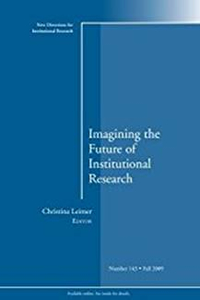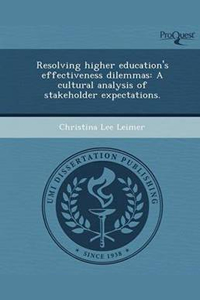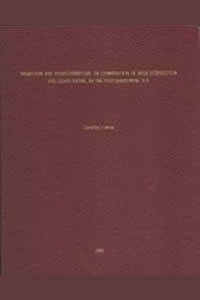

Now Available as eBook
Let Your Spirit Guide You
If you’re equally analytical and intuitive, but find your intuitive nature constrained by living in a culture that trusts and respects only science, this book is for you.
Natural Urges features first-person stories and essays about following intuition in an analytical, science-based world. The stories Christina tells about the quandaries this mismatch creates and the social, cultural and personal insights intuition reveals are sprinkled with humor and wisdom.
This is not a how-to book, but is instead designed to evoke “ah-ha’s” that help unfold your own spiritual wisdom. Following our inner guidance–our spirit’s guidance–is a natural desire that can change our lives and our world.
Reviews
An inspirational guide to letting one’s own spirit have free reign in daily life, thoughtful, deeply sensitive, evocative, reader friendly
Highly thoughtful, reflective, inspiring, soothing, and engrossing. Rather than “teaching” us her particular brand of spirituality, Leimer invites readers, by example, to look at our own Natural Urges of intuition, creativity, transcendence, and guidance.
I was so engrossed with her style of writing, what she had to say, and how she said it that I could not put the book down. Since my first reading, I have found myself picking it up again and again just to tap back into its well-honed wisdom.
Written in an appealingly clear manner without special terminology or complex argumentation. Christina tells what she’s experienced, what it’s meant to her, and invites the reader to her own authenticity.
It is a conversational, even a playful–but never self-indulgent–relation of her experience of living with feet aground and a clear ‘connection with our spirit.’
Beautiful and inspiring, gave me confirmation chills.

Imagining the Future of Institutional Research
In this volume, the editor and authors take a proactive, strategic stance by proposing a roadmap for reinventing institutional research. The purpose of institutional research must be to not only help improve colleges and universities, but to help facilitate their redesign and transformation. At most schools, however, for institutional research to play this new, substantive role, the field will first need to redesign and transform itself.

Resolving Higher Education’s Effectiveness Dilemmas: A Cultural Analysis of Stakeholder Expectations (2011)
Higher education is under fire from policymakers, business leaders, and the public who are demanding accountability, improvement, and change. The academy’s response has evoked charges of arrogance, insularity, and an unwillingness to be accountable or to change.
The result has been frustration, resentment, and animosity for both policymakers and educators. This study examines a set of policy-related documents produced by higher education stakeholders to explicate goals and expectations for higher education and to compare the norms, values, assumptions and beliefs of stakeholder groups that underlie their concept of effectiveness. Results show that the conflict rests in fundamental differences in values, assumptions and beliefs between stakeholders.
Higher education’s external stakeholders are judging its effectiveness and setting expectations based on values and metrics that are largely incompatible with the nature of the academy but that are in line with contemporary U.S. socio-cultural and economic ideology.
Understanding the differing perspectives offers grounds for negotiation and illuminates implications for change in higher education. Recommendations for change are offered.

Tradition and Transformation: An Examination of Body Disposition and Death Ritual in the Post-Industrial U.S. (1995)
Major changes in a society’s death-related attitudes and behaviors mark the decline of an era and the emergence of a new social order. In the last 20 years, such changes have been evident in the dramatic rise in U.S. cremation rates. Also during this time, popular and scholarly literature has documented and attempted to delineate characteristics of the emerging post-industrial society.
My findings suggest that, though expressions differ, a pervasive concern for dignified treatment of the human body remains central to American values. Death rituals are highly salient but are becoming more personalized, secular, pluralistic, historical and less formal. Often initiated by individuals, these rituals more closely reflect the nature of individuals than the nature of formal social structures.
In a highly educated, ideologically pluralistic society where access to information is nearly unlimited and the opportunity to make personal choices is greater than ever before, I suggest that future studies should view individuals as creative, reflexive and capable of making choices in order to gain a fuller understanding of our new social order.
